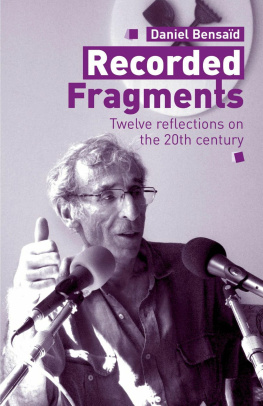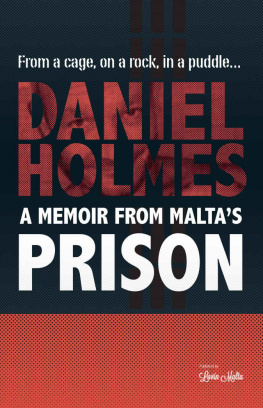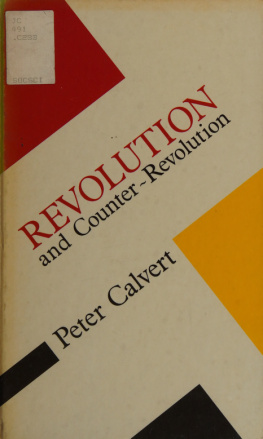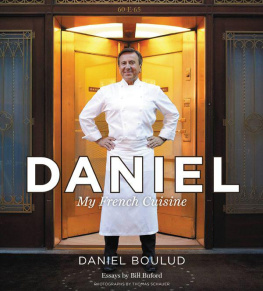Daniel Chirot - You Say You Want a Revolution?
Here you can read online Daniel Chirot - You Say You Want a Revolution? full text of the book (entire story) in english for free. Download pdf and epub, get meaning, cover and reviews about this ebook. year: 2020, publisher: Princeton University Press, genre: Politics. Description of the work, (preface) as well as reviews are available. Best literature library LitArk.com created for fans of good reading and offers a wide selection of genres:
Romance novel
Science fiction
Adventure
Detective
Science
History
Home and family
Prose
Art
Politics
Computer
Non-fiction
Religion
Business
Children
Humor
Choose a favorite category and find really read worthwhile books. Enjoy immersion in the world of imagination, feel the emotions of the characters or learn something new for yourself, make an fascinating discovery.

- Book:You Say You Want a Revolution?
- Author:
- Publisher:Princeton University Press
- Genre:
- Year:2020
- Rating:4 / 5
- Favourites:Add to favourites
- Your mark:
- 80
- 1
- 2
- 3
- 4
- 5
You Say You Want a Revolution?: summary, description and annotation
We offer to read an annotation, description, summary or preface (depends on what the author of the book "You Say You Want a Revolution?" wrote himself). If you haven't found the necessary information about the book — write in the comments, we will try to find it.
You Say You Want a Revolution? — read online for free the complete book (whole text) full work
Below is the text of the book, divided by pages. System saving the place of the last page read, allows you to conveniently read the book "You Say You Want a Revolution?" online for free, without having to search again every time where you left off. Put a bookmark, and you can go to the page where you finished reading at any time.
Font size:
Interval:
Bookmark:
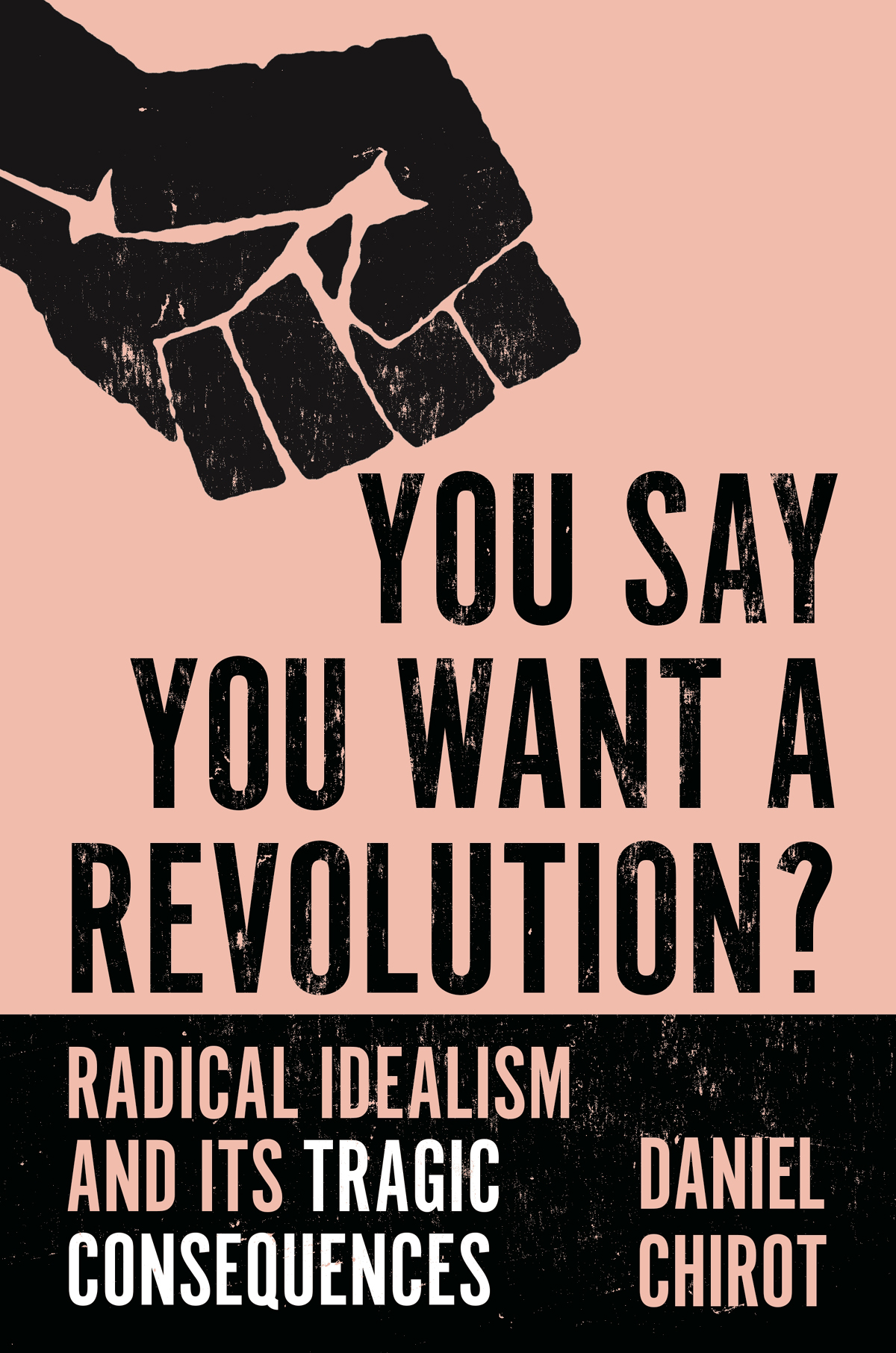
YOU SAY YOU WANT
A REVOLUTION?
RADICAL IDEALISM AND
ITS TRAGIC CONSEQUENCES
DANIEL CHIROT
PRINCETON UNIVERSITY PRESS
PRINCETON & OXFORD
Copyright 2020 by Princeton University Press
Requests for permission to reproduce material from this work should be sent to
Published by Princeton University Press
41 William Street, Princeton, New Jersey 08540
6 Oxford Street, Woodstock, Oxfordshire OX20 1TR
press.princeton.edu
All Rights Reserved
ISBN (e-book) 9780691199900
ISBN 9780691193670
Version 1.0
Library of Congress Cataloging-in-Publication Data
Names: Chirot, Daniel, author.
Title: You say you want a revolution? : radical idealism and its tragic consequences / Daniel Chirot.
Description: Princeton, New Jersey : Princeton University Press, [2020] | Includes bibliographical references and index.
Identifiers: LCCN 2019018027 | ISBN 9780691193670 (hardcover)
Subjects: LCSH: RevolutionsHistory. | RevolutionsPhilosophy.
Classification: LCC JC491 .C475 2020 | DDC 303.6/409dc23
LC record available at https://lccn.loc.gov/2019018027
British Library Cataloging-in-Publication Data is available
Editorial: Peter Dougherty and Alena Chekanov
Production Editorial: Lauren Lepow
Jacket Design: Layla MacRory
To my grandchildren, Eric and Chloe. I hope that by the time they are old enough to understand what this book is about, the world will be freer than it is today of the threat that such tragedies will once again occur.
ix
I NEED TO THANK a few close friends and colleagues who have helped me improve this book. They are not, of course, responsible for any remaining errors or biases that they have tried to correct and for which they cannot be blamed.
Zoltan Barany, Lucian Leustean, and Ivan Berend carefully read the manuscript and made useful suggestions that guided some of my revisions. My University of Washington colleagues Reat Kasaba, Vanessa Freije, and Mark Metzler also helped.
It is common to thank family members, but two actually read everything and provided many challenging, insightful criticisms that helped me. My wife, Cynthia Chirot, and my daughter, Laura Chirot, devoted a lot of time to greatly improve my writing.
Two anonymous reviewers and members of the Princeton University Press Board also added suggestions that I have taken seriously and used to make some necessary additions. I am very grateful to the superb editorial staff at the Press, and particularly to Lauren Lepows tremendously detailed, insightful copyediting.
I have relied in the past on Scott Smileys excellent indexing skills, and want to thank him again.
Once again I must thank Herbert J. Ellisons family and the George F. Russell, Jr., family for their support in endowing a professorship in honor of my late colleague Professor Ellison. My research and writing have greatly benefited from the help provided by this professorship.
Most of all I have to thank my friend and editor Peter Dougherty. I cannot praise his dedication and hard work enough. I am not the only author he has immensely helped in his long career, so I join his other admirers in saying that those of us who have been fortunate enough to benefit from his recommendations and help owe him a great debt.
YOU SAY YOU WANT
A REVOLUTION?
It seems as if the doctrine that all kinds of monstrous cruelties must be permitted, because without these the ideal state of affairs cannot be attainedall the justifications of broken eggs for the sake of the ultimate omelette, all the brutalities, sacrifices, brain-washing, all those revolutions... all this is for nothing, for the perfect universe is not merely unattainable but inconceivable, and everything done to bring it about is founded on an enormous intellectual fallacy.
ISAIAH BERLIN
Men or groups who possess unlimited power become drunk on that power... in no circumstances is unlimited power acceptable, and in reality, it is never necessary.
BENJAMIN CONSTANT
ON MARCH 29, 1794 , the imprisoned Marie Jean Antoine Nicolas de Caritat, marquis of Condorcet, died, probably poisoned. It was a tragedy, not only because France lost one of its greatest-ever thinkers, but also because his death symbolically marked the ultimate collapse of liberalism in the French Revolution. Was it suicide to escape being guillotined, or was he murdered by the Jacobin revolutionary authorities who had ordered his arrest? He had been hiding for months but had finally been caught on March 27. His death two days later spared the government the embarrassment of publicly murdering one of the early heroes of the 1789 Revolution, known as a leading philosopher throughout Europe.
Condorcet was an outstanding, versatile Enlightenment philosopher. He was a great mathematician, a defender of womens rights who considered women to be mens intellectual equals at a time when such an opinion was rare, a strong proponent of democracy, and an adversary of slavery. His brilliant thinking about economics, politics, and history was in tune with Adam Smiths liberal ideas. He was a very well-connected nobleman close to the most reformist members of Frances royal government before 1789. Recognizing the need to modernize the monarchy and make politics more inclusive, he nevertheless accepted the revolution and became one of its early leaders. Skeptical of religion, believing in the perfectibility of human societies, Condorcet was the ultimate rational liberal. Though his ideals were for his time radical, he was opposed to the bloodshed, terror, and extreme, polarizing means that the radical Jacobins used once they gained power, and that is why they condemned him to death.
Condorcets tragic end at the hands of extremists was a violent act that would be replicated over and over in the great revolutions of the twentieth century, from Mexicos in 1910 to Irans in 1979. The reason is that the great revolutions all had something in common. Most sidelined and typically purged the first wave of more moderate revolutionaries.
Almost two years before Condorcets death, in mid-August 1792, the Marquis de La Fayette, also one of the early leaders of the French Revolution as well as a heroic figure in America because of his youthful service in its revolution, fled France. On August 14 Georges Danton, the minister of justice in the new radical Jacobin government, had issued a warrant for his arrest. The Jacobins considered La Fayette to be a defender of the monarchy, and untrustworthy. To save himself from a certain death sentence, he crossed over into Austrian territory (in what is now Belgium, but at that time ruled by the Austrian Habsburgs). The Habsburgs were then Frances main enemy and sought to save Louis XVI and his Habsburg wife, Marie-Antoinette. Because La Fayette had participated in the revolution, led some of its armies, and was considered to be a dangerous, radical antimonarchist, he was arrested and held in prison for five years. In fact, he was neither the reactionary monarchist the Jacobins saw, nor the drastically antiroyal revolutionary the monarchists and their European allies thought he was. He was, instead, the quintessential moderate liberal reformer who had tried to mediate between the demand for more democracy, in which he passionately believed, and King Louis XVI, whose life and throne he wanted to preserve. He thought that a limited, constitutional monarchy was the solution. He admired the kind of democratic limitations on executive power the Americans were pioneering with their new Constitution. But the king and his court never willingly accepted his proposals and decided La Fayette was a traitor to the monarchy. On the contrary the more radical revolutionaries distrusted moderation and felt that La Fayette was really an ally of antirevolutionary reaction and foreign intervention.
Font size:
Interval:
Bookmark:
Similar books «You Say You Want a Revolution?»
Look at similar books to You Say You Want a Revolution?. We have selected literature similar in name and meaning in the hope of providing readers with more options to find new, interesting, not yet read works.
Discussion, reviews of the book You Say You Want a Revolution? and just readers' own opinions. Leave your comments, write what you think about the work, its meaning or the main characters. Specify what exactly you liked and what you didn't like, and why you think so.



